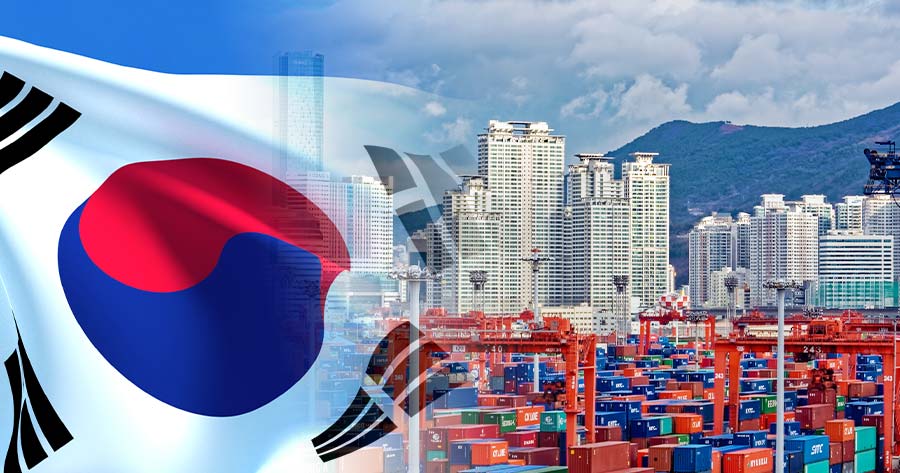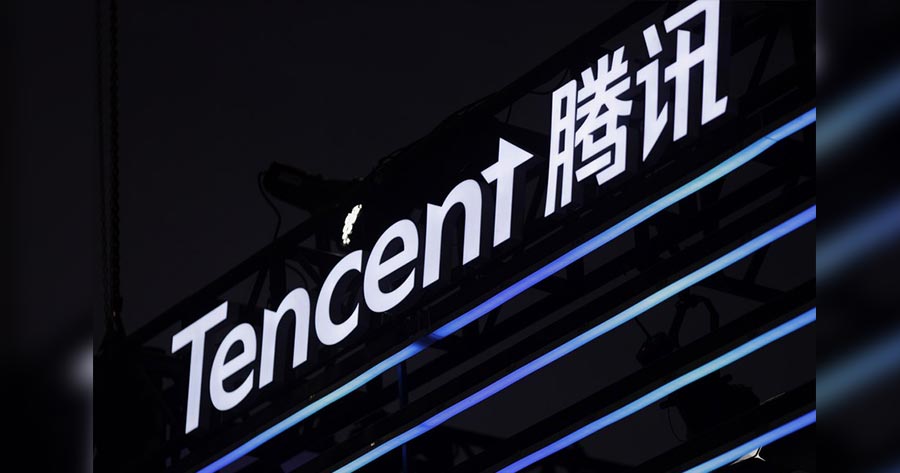South Korea’s exports surged at their fastest pace in over a year in September, significantly exceeding market forecasts, propelled by strong demand for semiconductors amid the global expansion of artificial intelligence (AI). Despite the upbeat momentum, uncertainties persist as trade negotiations with the United States face ongoing challenges.
According to the Customs Service, Asia’s fourth-largest economy registered exports worth $65.95 billion in September—up 12.7% year-on-year, a new monthly record.
The result far surpassed the 7.2% rise expected by economists polled by Reuters and marked a sharp acceleration from the 1.2% gain recorded in August. The figures were also aided by favorable calendar effects stemming from a shift in the Chuseok thanksgiving holidays.
News of the export spike fuelled a rally in South Korean equities, with early Asia trade seeing shares climb by as much as 1%. However, the Korean won lost ground against major currencies.
A surge in semiconductor exports—up 22% to $16.61 billion—was a key driver, reflecting intensifying global appetite for chips underpinning AI applications. Automobile exports also performed strongly, jumping 17% year-on-year, bolstered by robust demand for hybrid and electric vehicles, despite pressure from U.S. tariffs.
Regional breakdowns showed shipments to China growing by 0.5% after four straight monthly declines. Exports to the European Union and ASEAN bloc soared 19.3% and 17.8%, respectively. By contrast, exports to the U.S. contracted 1.4%, constrained by ongoing tariffs. Steel product shipments declined for a fifth consecutive month, down 4.2%, weighed by stiff U.S. tariffs of 50%.
While the outlook for semiconductors remains positive through the first half of next year, Lee Jeong-hoon, an economist at Eugene Investment Securities, noted that gains in other sectors were largely driven by calendar effects. Lee anticipates that overall export growth may remain subdued before picking up towards the end of this year or early next year, as significant uncertainties persist despite efforts to conclude tariff talks with the U.S. ahead of the APEC summit in late October.
Trade negotiations aimed at cementing July’s preliminary agreement—which would lower U.S. tariffs on Korean imports to 15% from 25%, in exchange for $350 billion worth of South Korean investment in the U.S.—have stalled. Seoul has voiced concerns about the foreign exchange implications of the deal, further complicating prospects for a resolution.
South Korea needs to stay vigilant to respond swiftly to high uncertainty around the nation’s export conditions, such as tariff negotiations with the U.S., Industry Minister Kim Jung-kwan said following the data release, reiterating government support for exporters impacted by tariffs.
Complementing the robust trade data, a separate survey on Wednesday showed that South Korea’s manufacturing sector expanded in September for the first time in eight months, thanks to improving overseas demand.
Imports in September rose 8.2% to $56.40 billion—the largest increase in 14 months—after falling 4.1% the previous month. The monthly trade surplus widened to $9.56 billion, up from $6.51 billion in August and the biggest surplus since September 2018.





